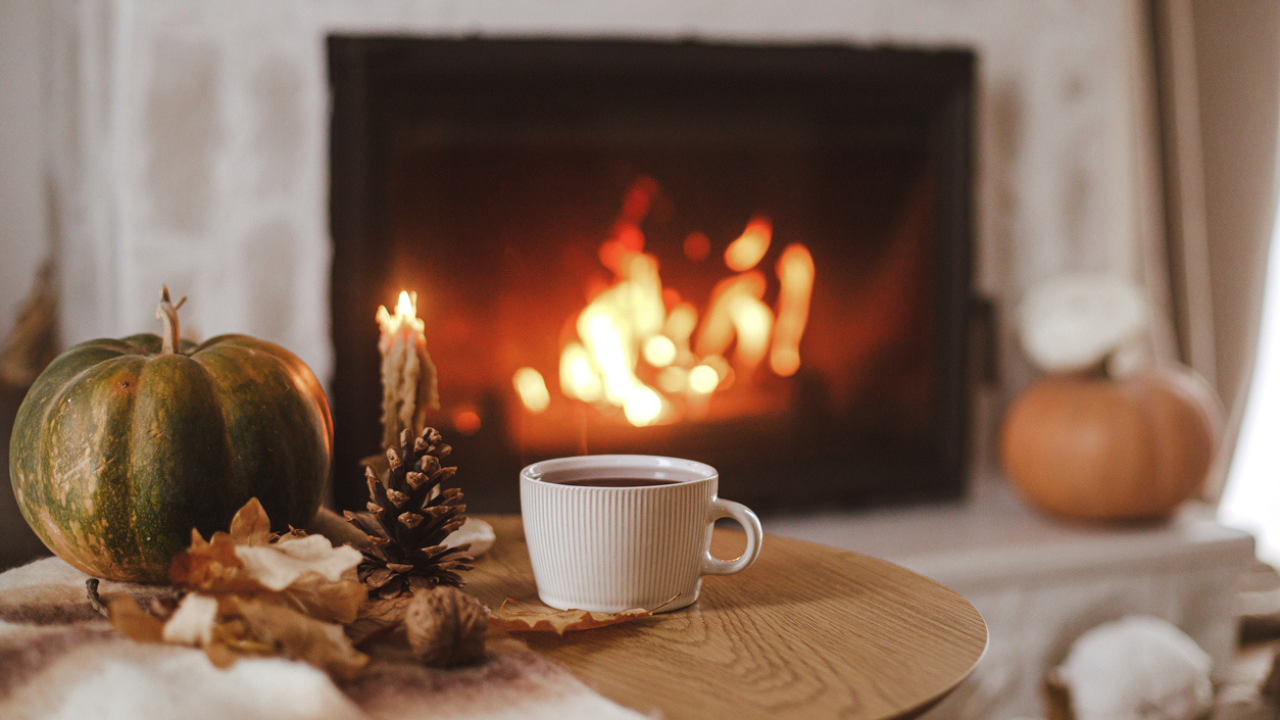
Top Ten Things – Lifestyle trends are evolving rapidly as millennials and Gen Z seek balance, wellness, and meaningful experiences. First, people focus on intentional living, reducing stress, and prioritizing personal growth over material possessions. Social media amplifies these trends, inspiring millions to adopt new habits, routines, and products. Moreover, urban professionals embrace trends that simplify life while supporting mental and physical health. As a result, lifestyle choices reflect personal values, community awareness, and self-care practices. In addition, many consumers are now evaluating products and habits based on sustainability, ethical practices, and long-term wellness benefits. Finally, understanding these top trends gives insight into how modern lifestyles are shifting in 2025 and what resonates with young adults.
“Read More:Couples Counseling Finds a New Home on TikTok”
First, minimalism remains a major trend, emphasizing decluttering and prioritizing experiences over possessions. In addition, millennials are choosing smaller apartments, capsule wardrobes, and multipurpose furniture. Minimalist living encourages mindfulness and reduces stress, allowing individuals to focus on activities that truly matter. Moreover, social media platforms showcase minimalist home tours and organization tips. Consequently, financial responsibility increases as fewer purchases lead to saving and investing in experiences rather than things. For example, many people report feeling happier and more focused after adopting minimalism. Finally, this trend promotes sustainability, simplicity, and better mental well-being, making it one of the most influential lifestyle habits today.
Next, plant-based diets are more than a food trend; they are part of a conscious lifestyle. In addition, millennials are shifting to vegan, vegetarian, or flexitarian habits. Locally sourced and organic produce is preferred. Moreover, these diets provide health benefits such as improved energy, digestion, and reduced risk of chronic diseases. For example, lifestyle influencers share creative plant-based recipes online, inspiring others to explore alternatives. Consequently, plant-based eating also reflects awareness of environmental impact and animal welfare. Finally, this trend supports sustainable consumption while offering delicious and nutritious options for modern lifestyles.
“Read About: Top 10 Natural Wonders You Must See Before They Disappear”
Meanwhile, digital detoxes are increasingly necessary in a technology-driven world. Millennials are limiting screen time, curating social media feeds, and practicing mindful tech habits. As a result, stress reduces and focus improves, enhancing mental wellness. Moreover, apps that track usage and designated phone-free hours are becoming popular. In addition, mindful tech use strengthens real-life relationships and encourages offline experiences. For example, taking a weekend tech-free day improves sleep and emotional health. Finally, digital minimalism supports balanced living while maintaining productivity and connection.
In addition, homes are transforming into wellness hubs. Millennials are creating spaces for meditation, yoga, and relaxation. Moreover, natural lighting, indoor plants, and calming décor help reduce stress. Consequently, a personal sanctuary boosts mental clarity and overall productivity. Smart devices monitor air quality, lighting, and temperature for comfort and health. For example, a small reading nook or meditation corner can enhance daily routines. Finally, these home wellness spaces reflect a focus on balance, mindfulness, and holistic living.
Next, sustainable fashion continues to grow in popularity. Millennials choose eco-friendly fabrics, ethical brands, and slow fashion alternatives. Moreover, second-hand shopping, upcycling, and rental services are mainstream. As a result, conscious fashion reduces waste while maintaining style. In addition, social media influencers demonstrate sustainable wardrobes and creative repurposing ideas. For example, investing in durable clothing decreases the environmental impact of fast fashion. Finally, this trend combines ethical responsibility with modern style preferences.
Meanwhile, fitness has evolved into a holistic lifestyle. Millennials embrace personalized workouts, boutique gyms, and online classes. Moreover, wearable trackers help monitor progress and encourage consistency. Group activities and outdoor workouts foster social engagement. Consequently, fitness improves physical health, mental resilience, and energy levels. For example, many integrate strength, flexibility, and mindfulness into their routines. Finally, fitness as a lifestyle supports well-being beyond appearance, enhancing overall quality of life.
Next, travel is increasingly about mindfulness and personal growth. Millennials choose eco-tourism, wellness retreats, and culturally immersive experiences. Moreover, they prioritize off-the-beaten-path destinations to create meaningful memories. As a result, mindful travel encourages connection with communities and environmental awareness. In addition, travel influencers share itineraries that balance adventure and relaxation. For example, staying at a locally run eco-lodge promotes sustainability and cultural understanding. Finally, mindful travel transforms leisure into educational and life-enriching experiences.
In addition, daily self-care rituals are essential for managing stress and maintaining balance. Skincare, journaling, meditation, and aromatherapy are widely practiced. Moreover, self-care also includes setting work-life boundaries and fostering emotional resilience. As a result, these practices improve mental health and productivity. For example, dedicating thirty minutes to a self-care routine reduces anxiety. Finally, consistent self-care supports holistic well-being and strengthens daily lifestyle habits.
Meanwhile, creative hobbies are gaining popularity among millennials. Painting, gardening, cooking, and DIY crafts provide relaxation and self-expression. Moreover, these activities encourage problem-solving, patience, and creativity. As a result, hobbies improve mental health while offering a sense of accomplishment. In addition, sharing DIY projects online fosters community and inspiration. For example, upcycling old furniture teaches sustainability and creativity. Finally, engaging in hobbies strengthens personal identity and lifestyle fulfillment.
Finally, financial wellness has become a lifestyle priority. Millennials focus on budgeting, saving, and investing for long-term goals. Moreover, apps, workshops, and online courses enhance financial literacy. As a result, proper money management reduces stress and allows for meaningful lifestyle choices. In addition, financial wellness enables travel, wellness activities, and personal growth opportunities. For example, tracking expenses helps build savings for significant life events. Finally, understanding finances supports independence, security, and holistic life satisfaction.